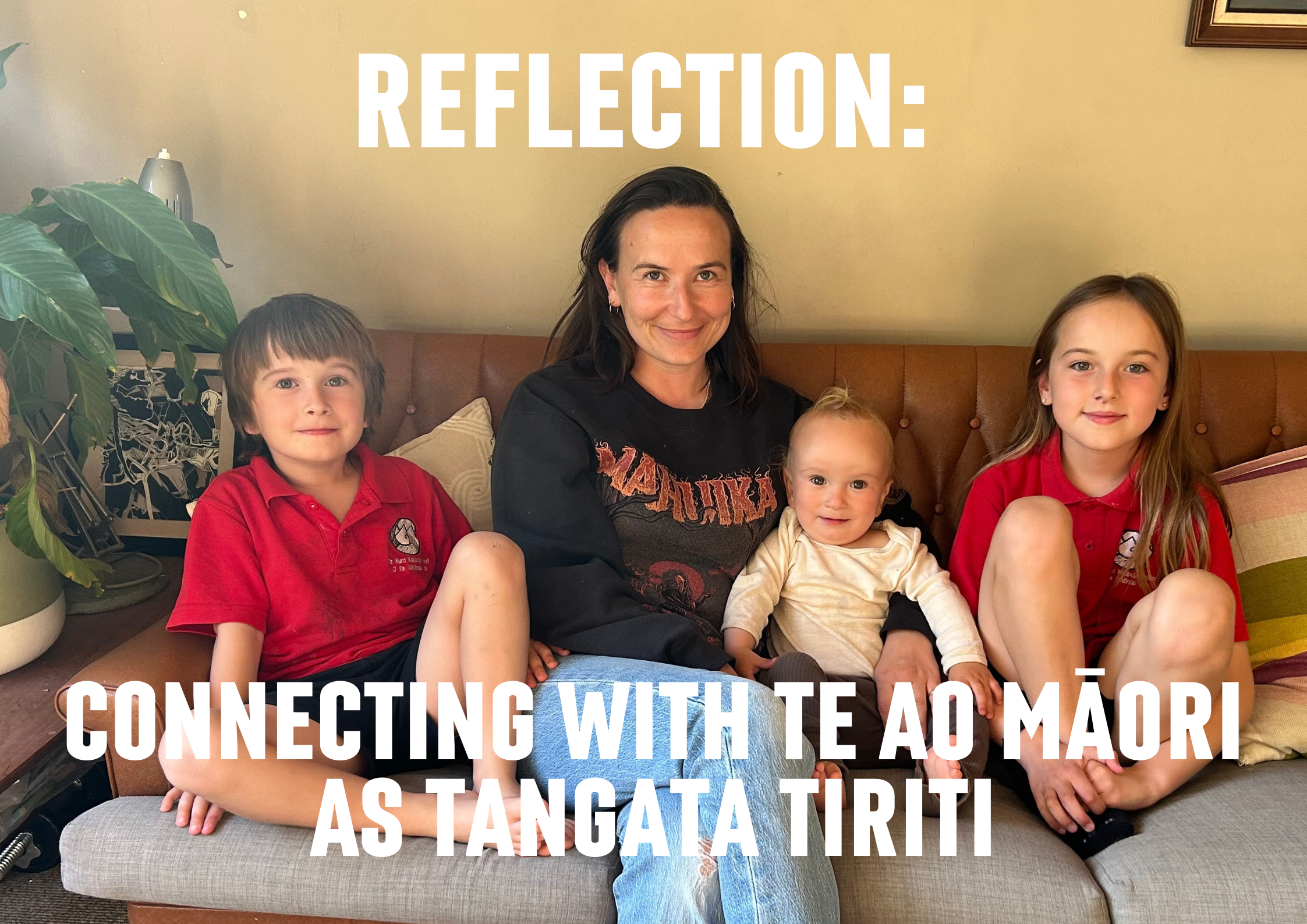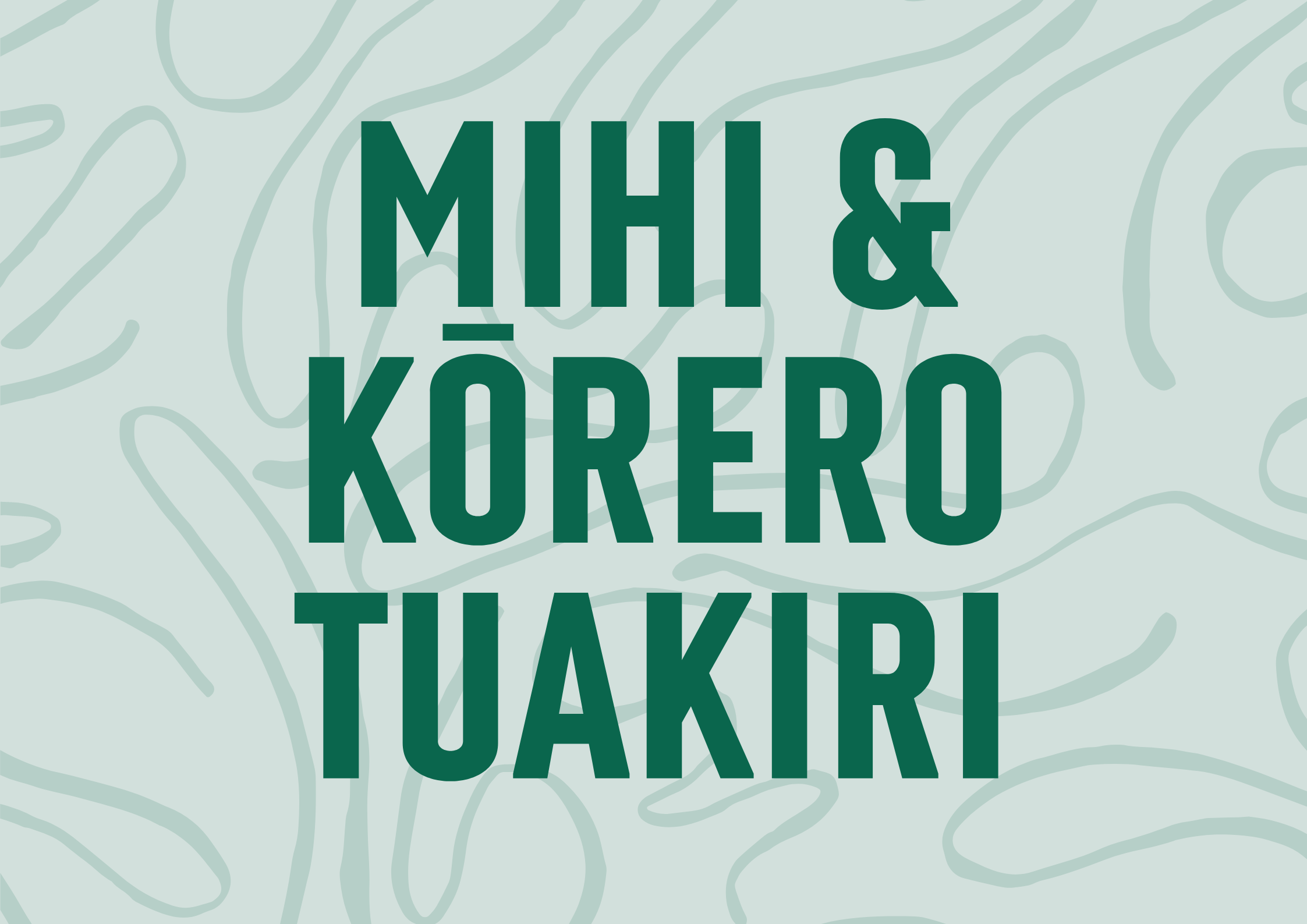Reo Māori Mai supported the running of Kura Reo ki Arahura from the 7th-10th of July. It was an amazing time, with over 100 whānau members from across 4 generations coming together to learn te reo Māori, to connect to one another and to learn more about ourselves and Te Tai Poutini.
We grew our reo with some fantastic teachers; Hona Black, Paiheretia Aperahama and Ariana Stevens. Whānau also had the chance to engage with different pūkenga; Missy Campbell ran a raranga workshop, Maurice Manawatu shared pūrākau Ngāi Tahu, and Vicci Sword and Lucy Denham held creative space to make kāri mihi.
A big mihi to those who ran the hōtaka tamariki/kids programme. This support was essential to create space for mātua/parents to focus on their learning while their tamariki and mokopuna were safe and well (and elsewhere!).
Check out this kiriata/video to see what whānau got up to during kura reo, and hear kōrero from our kaiako. See the transcript below for an English translation of this kiriata.






